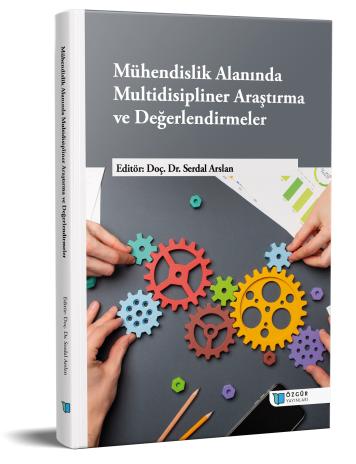
Optimization of Semiconductor Selection for Traction Inverter in Electric Vehicles
Chapter from the book:
Arslan,
S.
(ed.)
2025.
Multidisciplinary Research and Evaluations in the Field of Engineering.
Synopsis
Considering the clean energy usage and environmental friendliness, electric vehicles are a much better transportation option for today's world than internal combustion engines. In light of technological developments, the costs of electric vehicles are decreasing, their range is increasing and with them the damage they cause to the environment is decreasing. While the support given by governments for the widespread use of electric vehicles is increasing, the number of charging stations is increasing day by day. Especially as a result of studies on climate change, there is great support for these vehicles that will provide a serious reduction in carbon emissions. Electric vehicles provide more efficient energy use compared to internal combustion engines. However, due to the low energy density of the battery and the limited capacity, low range problems are still a big problem for the user. At this point, energy efficiency in electric vehicles becomes much more important. One of the system factors affecting energy efficiency is the switching performance of the semiconductor to be used in the drive inverter that provides electricity transmission between the engine and the battery. Semiconductor control switches are constantly developing and improving in light of technological developments. Recently, the most widely used semiconductors in power electronics systems include Si-MOSFET, Si-IGBT and SiC-MOSFET. Especially SiC-MOSFETs stand out with their low switching losses, resistance to high temperatures and fast switching properties. In this paper, MOORA (Multi-Objective Optimization Based on Ratio Analysis) method was used to determine the most suitable semiconductor switch to be used in electric vehicle drive inverters. IGBT, SiC-MOSFET-2G, SiC-MOSFET-3G and SiC-MOSFET-4G were evaluated as alternatives; drive energy, motor losses and inverter losses were evaluated as criteria. This paper aims to contribute to the development of vehicle range by increasing inverter performance.

